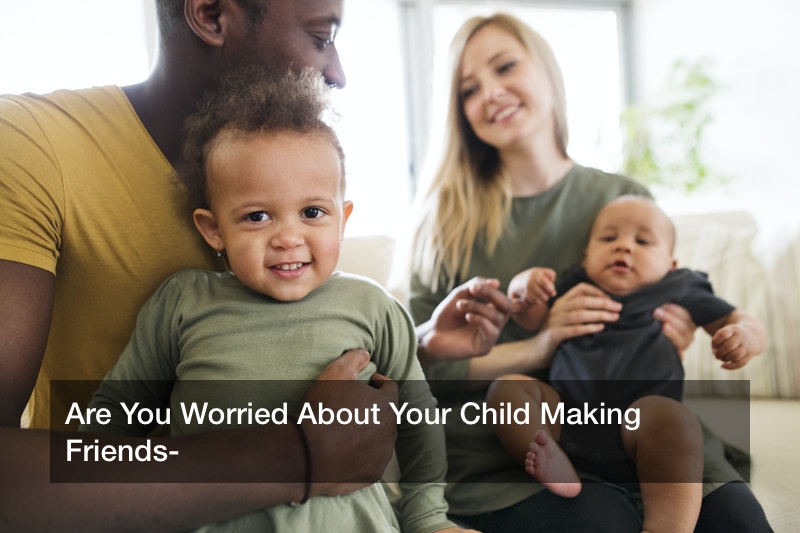
Most young children love to be involved in regular activities. Nearly 23.4% of kids under five are in some type of organized child care including nurseries, preschools and day care centers. A great day care is vested in your child and has taken the proper steps to provide engaging activities that encourage children to make friends.
Children at the Age of 3 Know Their Friends
Children at the age of three already know who their friends are. They may even consider most other three-year olds their friends without really knowing them yet. When they arrive at a daycare center, they may see them, identify them and can name them. Perhaps they have even looked for their friends before you were even able to get them out of the car. A great day care will foster those friendships and encourage your child to make more. Child day care programs go beyond just watching your child and keeping them safe. A great day care understands every aspect of your child’s social skills and is ready to help them grow even more.
Children at the Age of 4 Differentiate Friends and Other Children
By the age of four, a lot of children know the difference between other children they may not know and their friends. Have you watched your child during daycare activities to see how they behave and react to other children? Some children are able to make friends very easily while others feel overwhelmed and tired in an atmosphere full of energy, and young children usually charge an atmosphere with a lot of energy.
How Do Your Children Make Friends?
You have already enrolled your child in great day care at a local daycare program. Now you would like for them to make friends. A lot of times day care is a wonderful setting for kids to play, grow, learn and make friends. That begs the question, how do children make friends?
Friendship skills are learned. When your child plays with another child they are building skills that help when it comes to making friends in the future. Skills involved include taking turns, sharing, listening, cooperating, negotiating a different way of thinking and managing disagreements. If you know how your child responds to other kids, you already have a wonderful basis for helping them nurture friendships and make new friends. A great day care can help you understand how your child makes friends by giving you daily progress reports and alerting you of any behavioral problems.
Help Your Child Learn to Be a Good Friend
How your child learns to be a good friend somewhat depends on you. Children learn how to behave at home first. Your everyday family life provides a good example of how to be a friend. This is especially true where siblings are involved. Top notch day care facilities are going to mirror good habits like you do at home concerning providing a safe environment where children learn to play together.
Skills such as listening and talking are a few of the first skills your child will learn that are both important when it comes to making friends. Day care provides the perfect opportunity for your child to practice talking and listening. Child care providers can also give you plenty of information and advice concerning your child’s social skills so you can practice honing those skills at home too.
The “You Are Not My Friend!” Phase
Don’t get extremely worried if you hear your child stating, “You are not my friend!” rather forcefully. Young children sometimes say this and yes, the recipient may be hurt or they could just shake it off. These situations are often sorted out with both children becoming ‘friends’ again in just minutes. If you child says they can’t make friends at day care, talk to care providers to find out what is going on. You could also plan playdates with children from day care as a first step in helping your child feel better and more confident about making friends.
